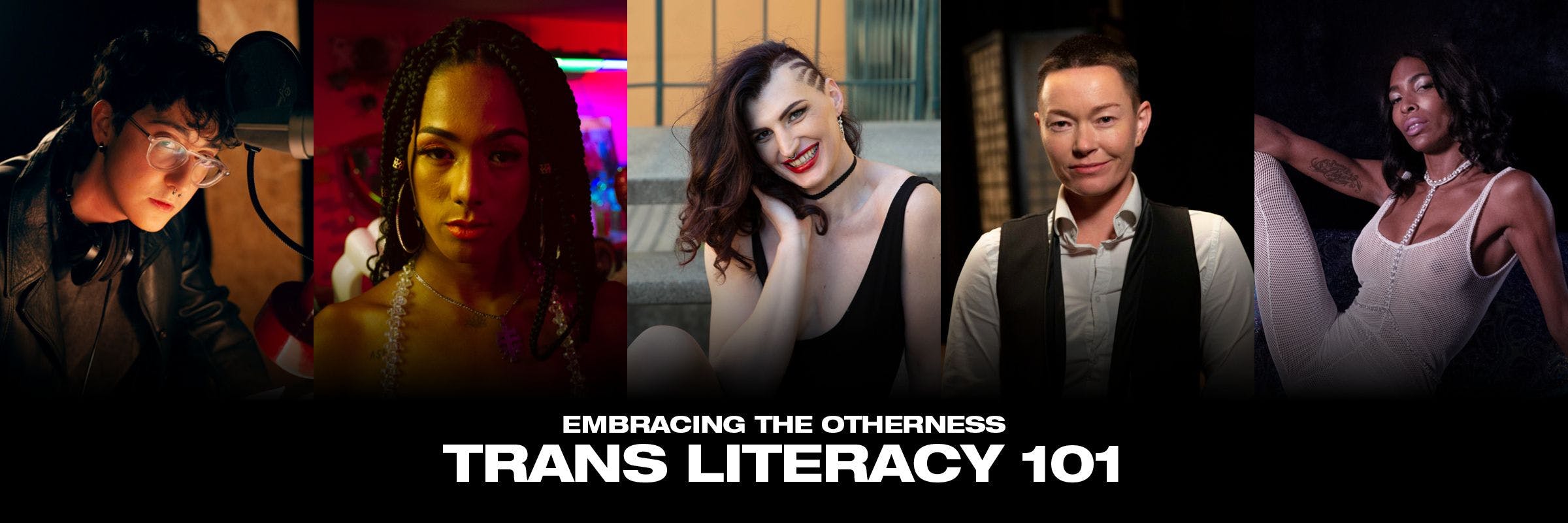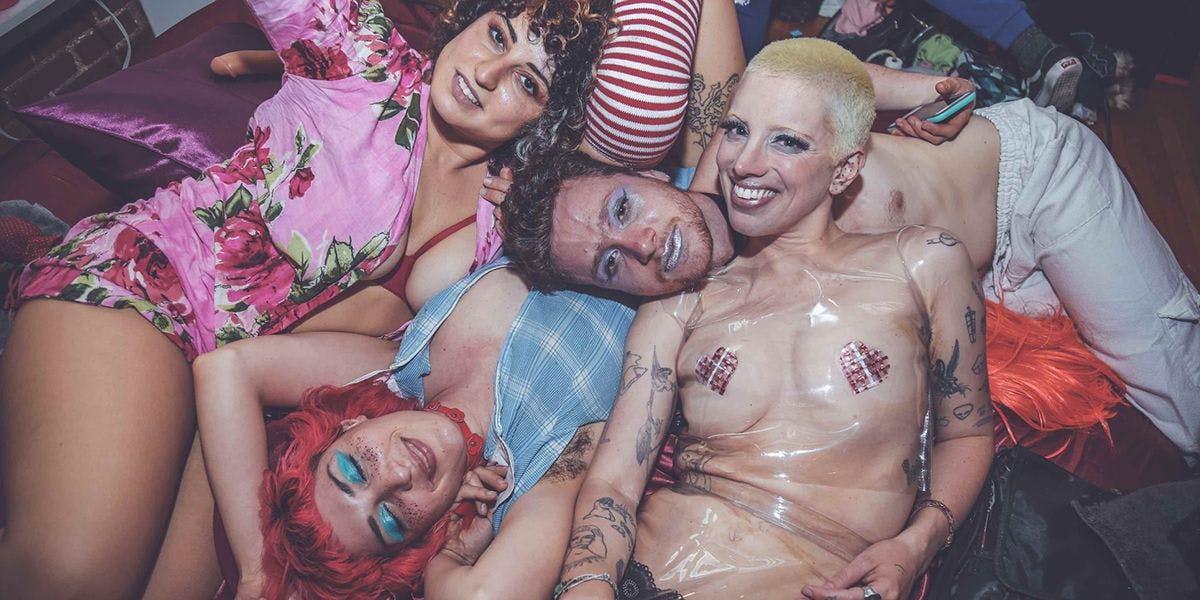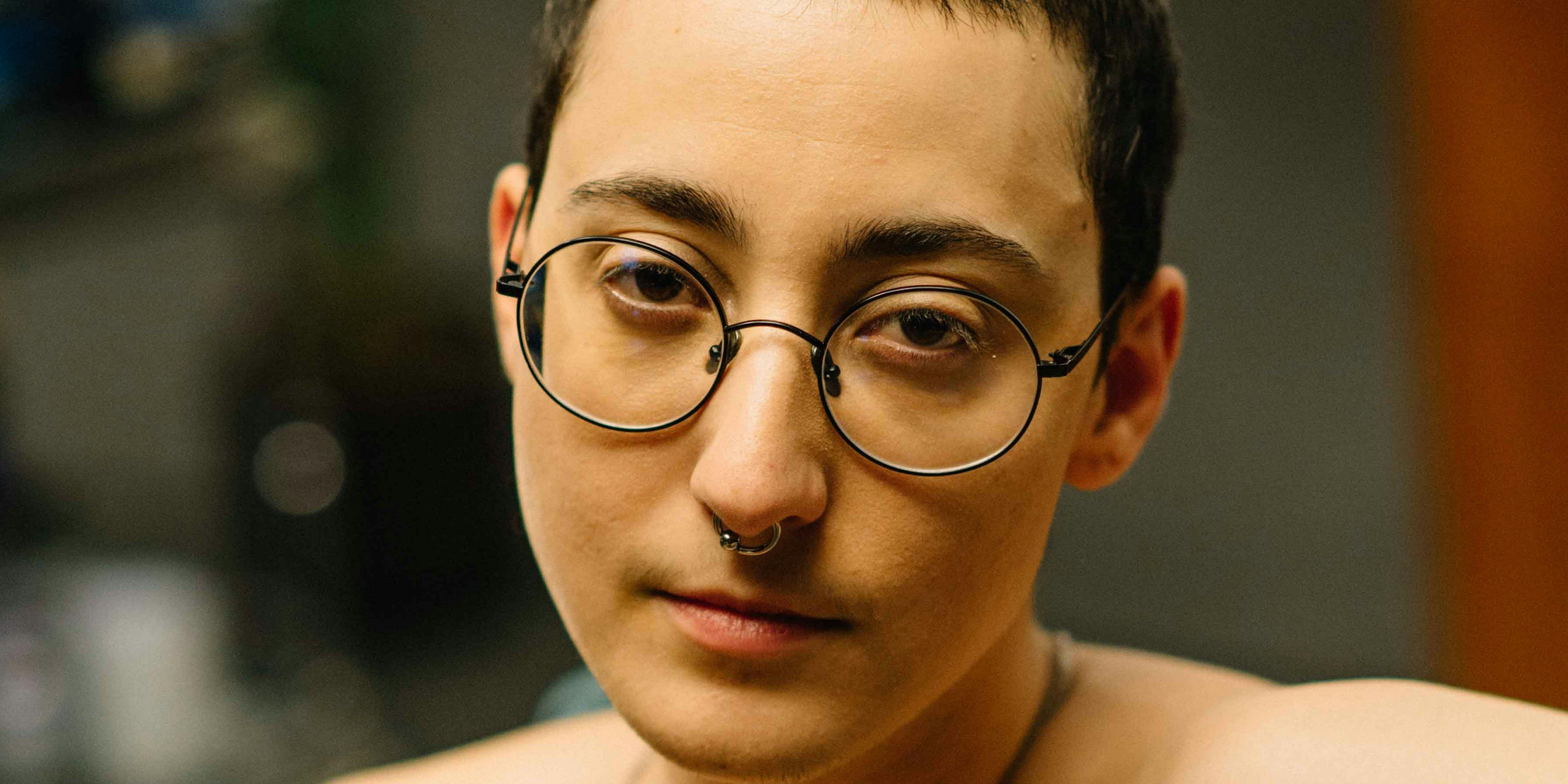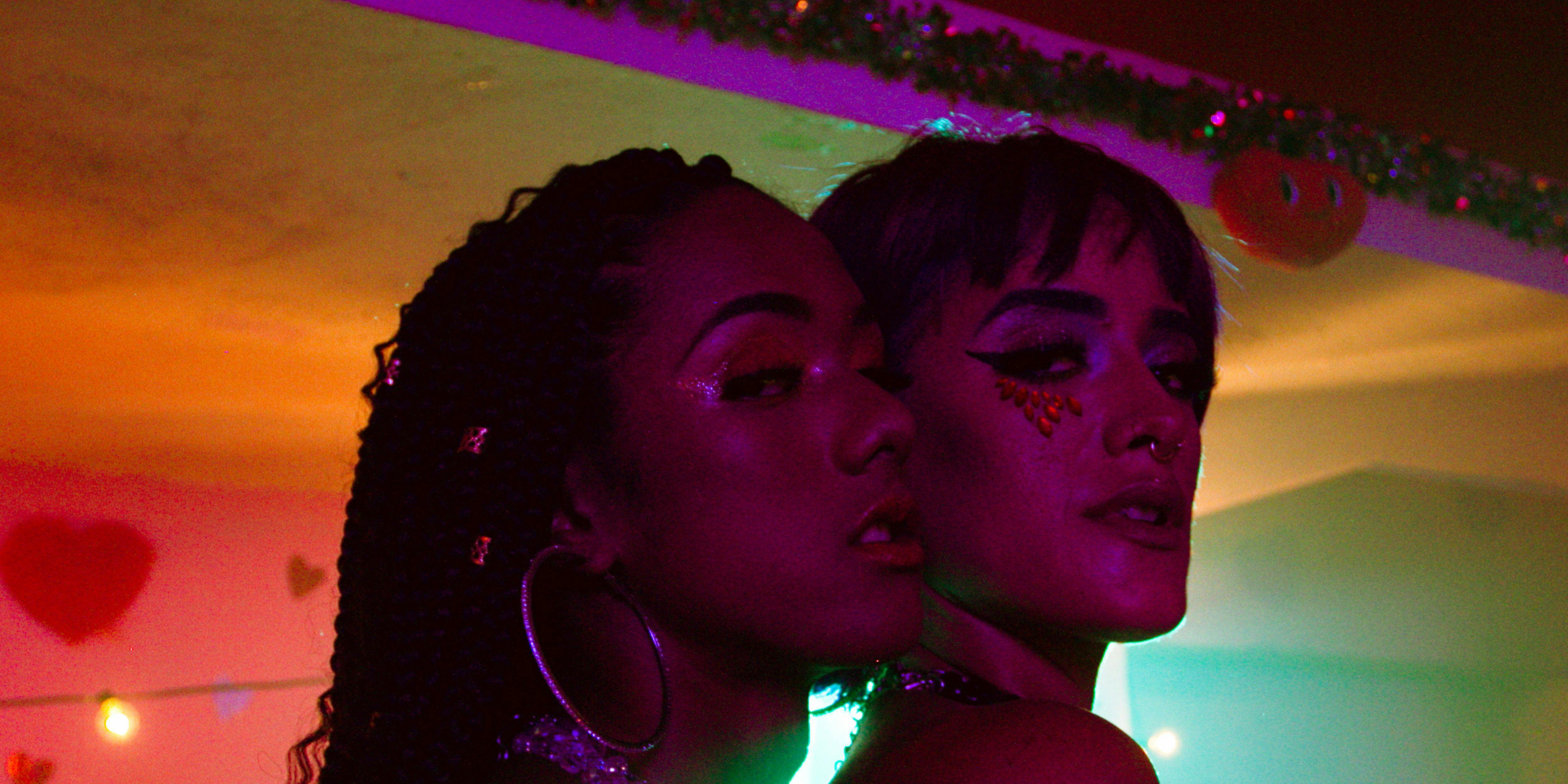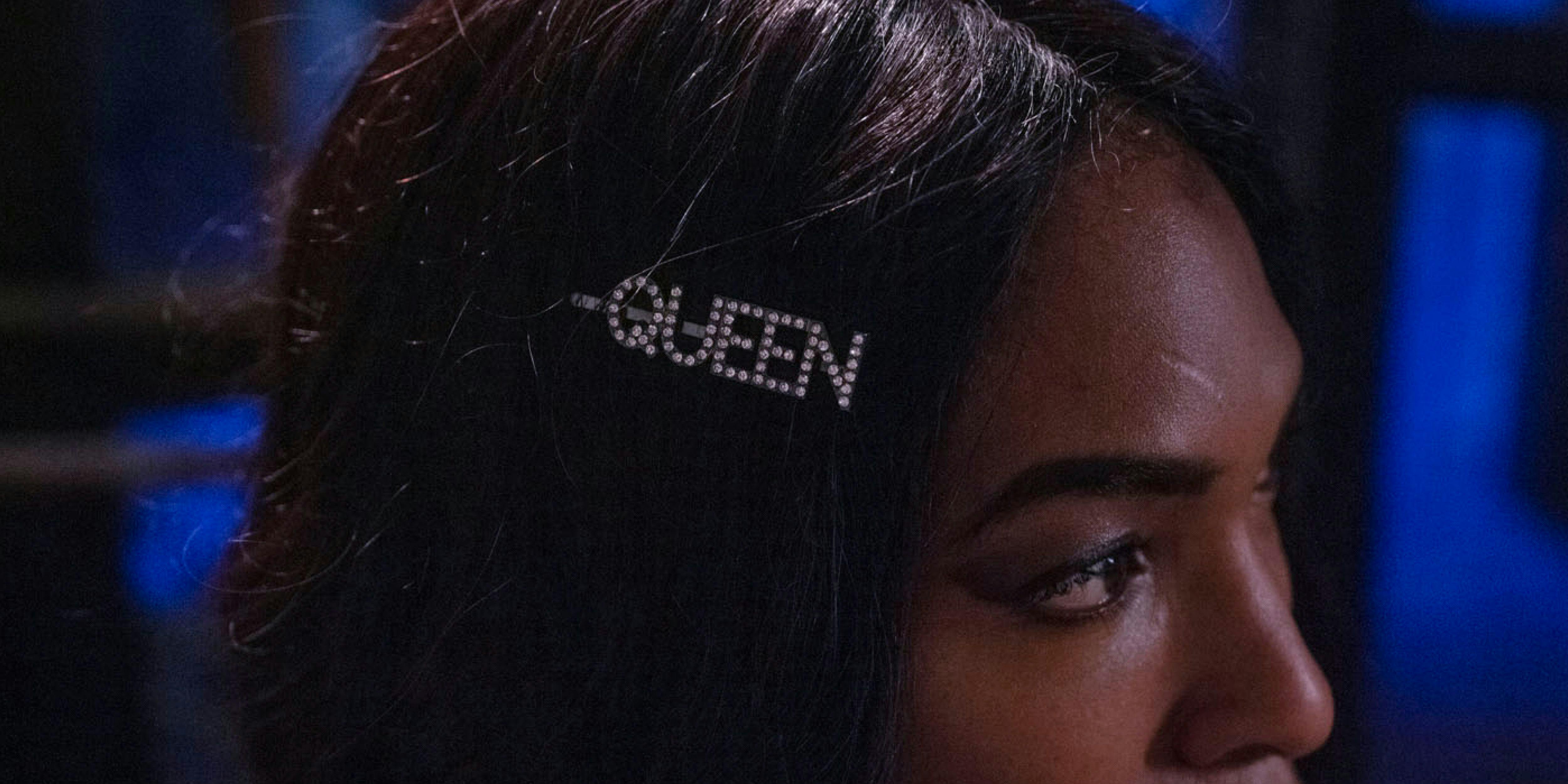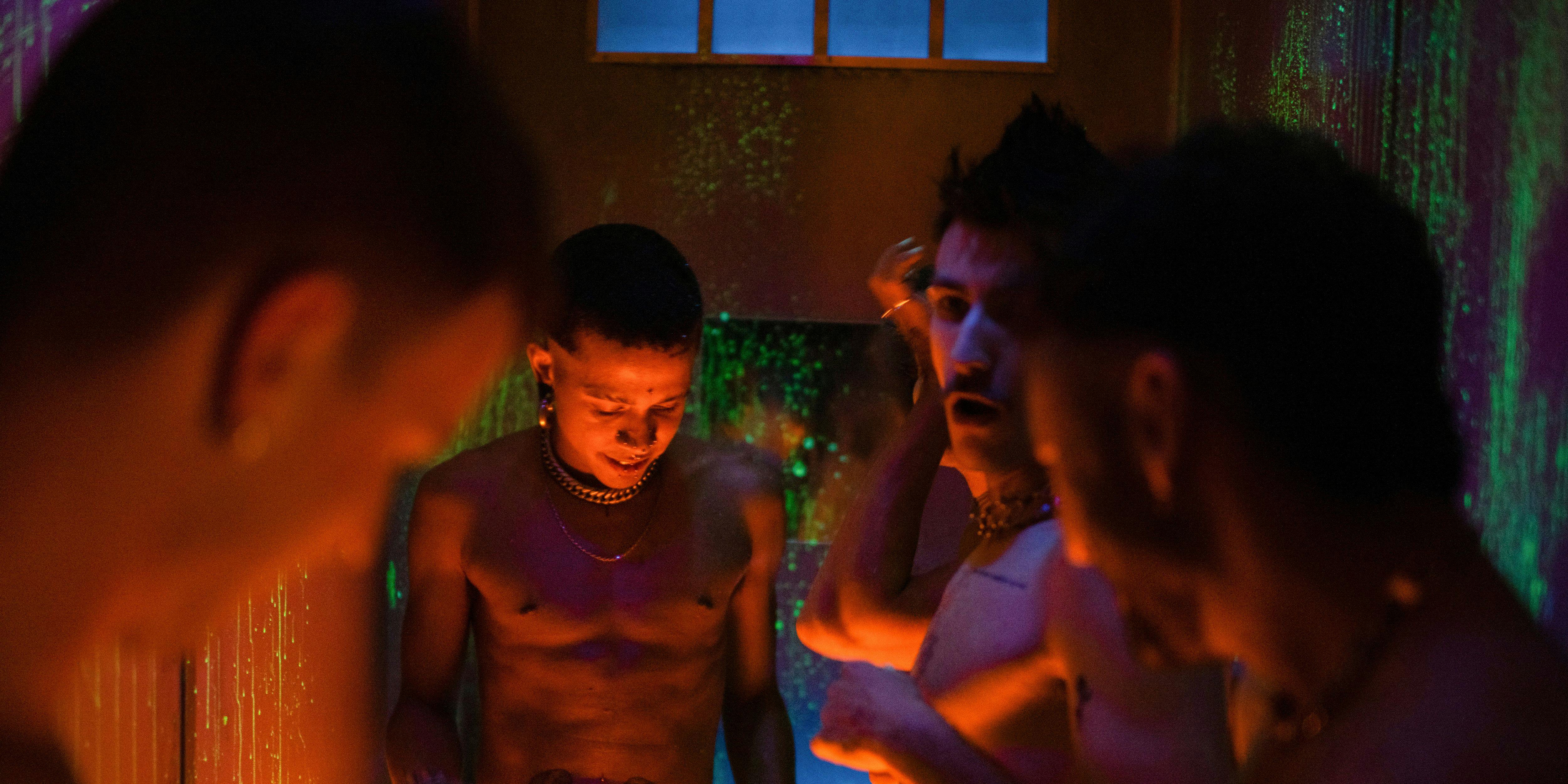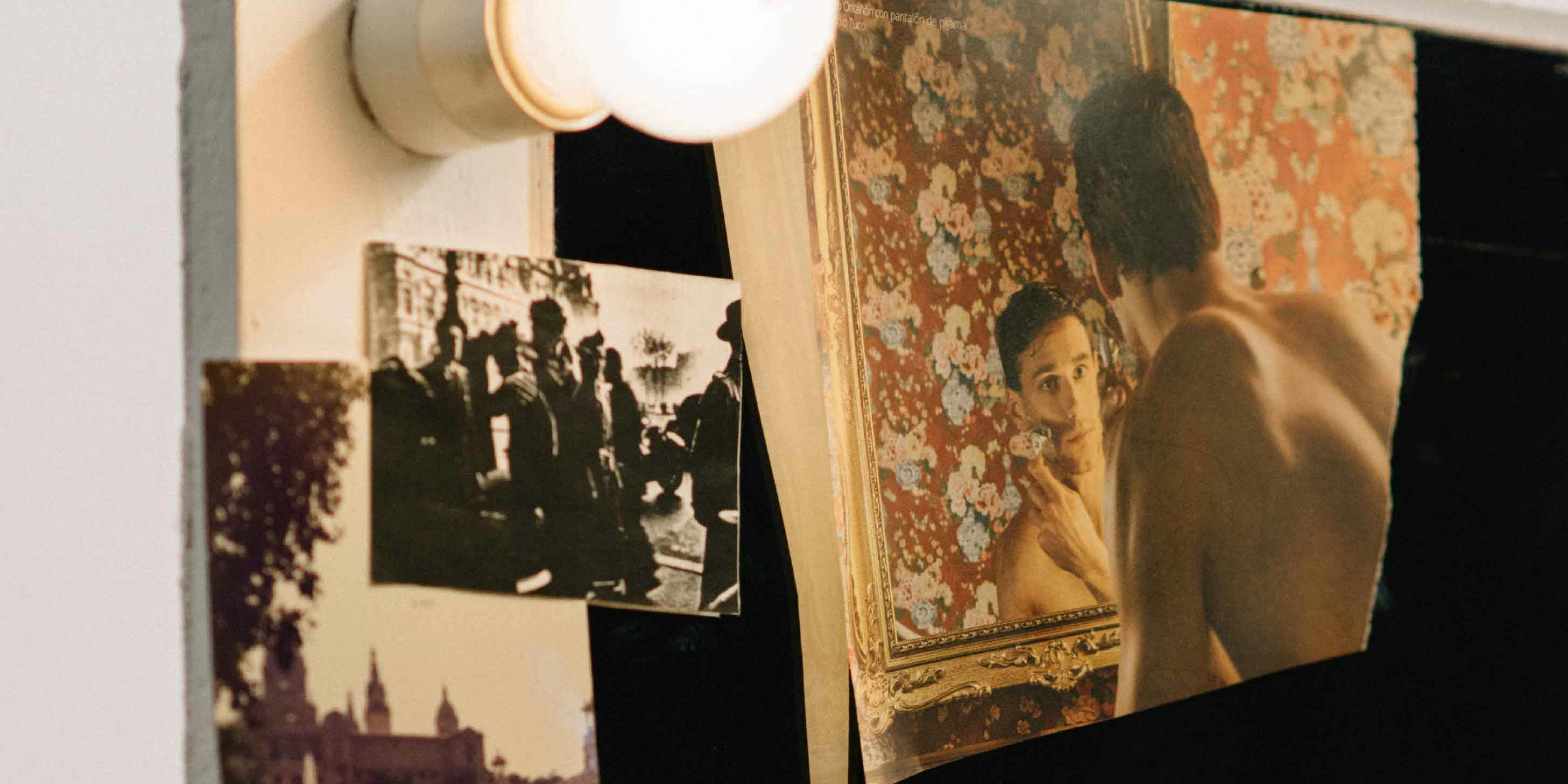Exploring Trans Literacy
Exploring Trans Literacy
A Comprehensive Guide to Understanding Gender Norms and Expectations
A Comprehensive Guide to Understanding Gender Norms and Expectations
As the world advances, and us with it, we’re seeing more and more changes that affect us socially. The way we interact with each other creates patterns and structures that we then see projected in a bigger structure which we call society.
So, what social changes have we experienced in the last years when it comes to gender? - It’s clear to see that gender has been a huge topic for some years now, and we’ve witnessed an incredible revolution when it comes to women’s rights, for instance.
But what happens when there’s a new layer to add to the mix? When we start discovering there are different ways to be a woman or a man, or that, actually, there are many more genders than just male or female. It’s time to embrace the otherness, what’s beyond the meaning of “being a man” or “being a woman”, it’s time to deconstruct gender and start hearing out other realities, such as the ones from trans and non-binary folks.
We live in a society with huge gender norms and expectations, and there are people who don’t necessarily feel represented by them in relation to their gender assigned at birth. To understand all of this, we need to analyze transness as an umbrella term and an identity.
Trans people exist - Trans men, trans women, trans-non-binary, and everything in between! Are you ready to learn all things trans literacy?
Let’s start with the basics - a little breakdown of the baseline concepts related to gender:
Sex
When we talk about sex, we’re referring to the classification we got when we were born. This can be male, female, or intersex. However, Doctors usually decide whether female or male will be listed on our birth certificates (and in all posterior legal documents), usually based on our physical traits. Intersex is an umbrella term used to describe variations in physical sex traits or reproductive anatomy present at birth or emerging spontaneously later in life and differ from normative expectations of “male” and “female.” All of this is individual private information, and it’s invasive to ask for details on someone’s sex characteristics.
Gender - What is the binary? What does it mean to live outside the binary?
The Trevor Project states that “Gender describes the internal experience of being a man, a woman, a non-binary person, or otherwise. Every person experiences gender differently — and you cannot know someone’s gender by simply looking at them. Being an ally to trans and non-binary people in your life means refraining from making assumptions about people’s gender in general.”
Before we start talking about what the most common genders are, I always like to talk about what the binary is since they are two different concepts hugely intertwined.
The binary is a set of two genders. People who exist inside the binary will either be male or female. However, just because we usually get assigned male or female at birth, that doesn’t mean that these are the only options that exist. Is the binary wrong? not at all! What's wrong is to assume that the binary structure in which we’ve all been raised is the only valid option. Here’s where non-binary people (and all the subcategories inside this label) come in.
In their book “Non-binary Lives” (2020), Jos Twist, Ben Vincent, Meg-John Barker, and Kat Gupta define the term “Non-binary” as “an umbrella term for anyone who doesn’t currently identify with the binary notion of being exclusively male or female. “Non-binary” can include those who conceptualize gender as a spectrum, those who feel that gender is more complicated than one single spectrum, or those who disagree with the notion that gender is a spectrum at all.”
Surprise! There's life beyond the binary. And, while people who identify as binary men or women are valid, there are many others who fall outside of what we’ve been taught while growing up.
Can trans folk be binary too? absolutely! Trans people who see themselves exclusively as men or women can fall inside the binary if that feels right for them.
Let’s now define some common genders:
Cisgender:
If you feel aligned exclusively with the gender you were assigned at birth, it usually means you’re cisgender.
Transgender
Someone who doesn’t feel aligned with the gender they were assigned at birth and might or might not want to go through a gender-affirming transition (medical or not). This transition can include a change of wardrobe, pronouns, gender-affirming surgeries, hormone therapy, chosen name and/or a general way of interacting with the world. Transgender folk can be inside the binary (trans woman, trans man) or non-binary (Trans non-binary). However, we need to remember that both Transgender and Non-Binary are umbrella terms, and there are as many ways to be Trans and Non-Binary (or both!) as there are humans in the world. For that same reason, you might find subcategories inside these umbrella terms.
Non-binary
People who experience their gender identity and/or expression outside of the male/female, man/woman binary. Some non-binary folk might feel closer to a cis reality, whilst others might experience a similar journey to a trans person. A non-binary transition might include changing the person’s pronouns, chosen name, and way of presenting themselves to the world. It can also include a medical transition and/or hormone therapy if it feels right. The whole point of being non-binary is being free of gender expectations and rules. Therefore you should support your non-binary friends in whichever path feels more authentic for them!
We must dismantle rigid gender norms and open our minds to gender diversity. Each of us has a unique gender journey that should be celebrated as we strive to be our most authentic selves.
Gender perception
Gender perception is something we cannot control (Unlike gender expression!) since a “perceived gender” is based on how people evaluate each other’s gender and bodies based on a variety of visual and social cues. This will be mostly based on how the perceiver’s culture, social context and network, and/or relationship with the perceived is or has been. You really can’t tell someone’s gender by looking at them, so be aware of the expectations you project onto others based on how you perceive gender, and choose to validate people’s experiences.
Gender expression
Gender expression is massively linked to the identity of the person. Gender can be expressed through clothing, gestures, hairstyles, accessories, speech, and everything in between! it’s how you present yourself to the world in a way that feels aligned with how you experience gender. For some, gender is very fluid and changeable, which makes it very freeing! and you will see this imprinted in how they express their gender. For some others, there’s a necessity to accommodate oneself inside one particular gender.
I’ve had the privilege to talk to some trans and non-binary folk on these topics and they all have varied experiences when it comes to gender expression. T (They/Them) shares how “I try to carry with me the knowledge that I don't owe anybody androgyny, but I do try to explore new ways that make me feel most comfortable regardless of where they fall on the gender spectrum.” For Maxine (She/Her), however, the experience is quite different: “since coming out as trans I found the courage to unapologetically be myself. I love cute things, I love singing, I love wearing girly clothes!”.
All forms of gender expression are valid, and we should celebrate how each of us decides to live our gender, what gives us gender affirmation or gender euphoria, and what helps us feel great in our own skin!
Gender expression is all about having the freedom to be who you truly are unapologetically - and it feels great!
Pronouns? Pronouns!
Let's talk about pronouns. I’ve heard a thousand times how using certain pronouns is very difficult. Spoiler alert: it isn’t. Splits are difficult, making croissants from scratch is difficult, and math is difficult. You saying a word you’re not used to isn’t difficult - it’s unusual. And as with anything else in life, we make it usual the more we use it. So if someone tells you their preferred pronouns are they/them (generally seen as neutral pronouns), just use them! use them until it feels comfortable. If it makes the person you appreciate feel good, why wouldn’t you do so?
There are many different pronouns out there, and they can all be mixed and paired together. What I mean is someone can decide to use they/them and also she/her - or they/them, she/her and he/him - or only one of those! When it comes to pronouns, the best advice you can get is to listen to how the person would like to be referred to and just do that; make them feel good, and celebrate their identity!
If you knew a gender non-conforming person before they came out as gender non-conforming (trans or non-binary), they might have also changed their name as well as their pronouns. Remember, It’s never ok to freely use someone’s dead name (the name they were assigned at birth) or purposefully choose different pronouns to the ones they communicated they prefer.
All this being said - does that mean you have to be perfect? absolutely not! people make mistakes, and no one is born all-knowing. Here are some suggestions:
- When you notice a mistake happening, apologize and do better next time.
- Listen to the trans and non-binary folks around you, hear their experiences, and act accordingly to make them feel seen.
- When you meet someone new, ask them for their preferred pronouns.
- It’s your personal job to educate yourself; there’s tons of information online, so be mindful of how exhausting it can be to educate others on your existence on this planet as a trans or non-binary person.
Why do we need to break Gender expectations?
Even inside the queer community, there’s sometimes this feeling of competition, of “having to be x enough”: to be gay enough, trans enough, androgynous enough, and a long list of etc. I want to stress how important it is to run away from those assumptions. There’s no being “enough” - you’re brilliant when you are just how it makes sense for you. When you act, dress and present in the way that feels good in your body, you’re giving yourself permission to be free, and there’s power in that. A transmasculine person can be as feminine as they want, same as a non-binary person can be as fluid as they want, or a cis woman as masculine as she wants. Understanding how things (clothing, color, gestures, or speech) have, in reality, no gender, just people who feel more comfortable with one or another is a great realization. Because from there, we can start to unpack and deconstruct the gender expectations that we’ve grown with since we were kids.
These gender expectations put great trauma and pressure on all humans, but especially on people who are questioning their gender. For trans folk who identify with solely one gender, it might put great pressure on them to look “passing”.
Passing
Passing is a concept used when someone who lives outside the norm somehow “fits” as someone who lives inside of it, mostly because of physical traits. In this instance, it’s used when it’s hard to tell that someone is trans and/or non-binary. They “pass” as cisgender. For non-binary folk, it might give a great sense of having to “decide”, or having to look “androgynous”, or just spring up great feelings of confusion because what really feels good to you defies anything that you’ve ever learned about gender. If the non-binary person also identifies as trans, this might make them feel like they’re not “trans enough”. Additionally, as The Trevor Project points out, For many transgender people, being able to “pass” as the gender they align with is important for a sense of well-being, and “passing privilege” can allow one to move safely through environments where being perceived as transgender is a danger.
The more “passing” into what’s seen as “normal” someone is, the easier it will be for that person to exist in a world that is tailored for people with a specific set of characteristics. Intersectionality comes into play here: when we also take into account factors like race, religion, disability, neurodivergence, or social and financial situations, we can start picturing how the context of each trans person will change depending on their reality.
For instance, Maxine has found two different situations at home and in school - at school, she says, people are more prone to respect her pronouns and chosen name. But at home, she shares that “Sadly, I haven’t been able to transition yet, and due to how my family feels about me being trans and pressure from my legal guardian, I can't dress the way I would like”. On the other hand, Vichi (They/She) explains how, because of the situation in their home country, they can’t always dress the way they would like “I can’t always walk out of home as feminine as I would like to, since the social context where I live makes it dangerous to go out dressing certain ways.” They also share how, being the first non-binary person at work, they’ve felt a role imposed on them to “educate” and “explain” the term non-binary to their coworkers: “However, I’ve lately realized that’s not my role, so I’ve stopped educating others. I just want people to accept my gender and address me for my chosen name and pronouns.”
M (he/they), shares how changing his ID felt like bureaucratic chaos: “I really feel that they give you a hard time and drag it out so long for you to give up even if you have all the papers. ”
It can also be taxing for trans and non-binary people to find safe spaces when it comes to sex and relationships. There’s a general fear when we meet someone new that they won’t like us back or that they will misgender us or fetishize us to fulfill a certain fantasy. Or, no need to even go that far: that we’ll have to hear uncomfortable comments or invasive questions about our body, gender or identity. For many of us, dating becomes an experience of checking the green flags, of going through filters until we feel like that connection is safe - and many times, we end up in connections that aren’t safe just for the sake of feeling desired, loved or cared for (even if that love or care isn’t real). Sometimes, the voices in our head tell us that because we’re “freaks,” we don’t deserve to be loved and cherished.
This is something M can relate to: “At first I needed a lot of external validation, and that led me to take very little care of myself, having relationships and connections with anyone who paid attention to me.” He also explains how “It’s also happened that some people will stop liking me the moment they find out that I am trans and that rejection, as if there was something wrong about me, hurts a lot. This makes me be really careful when I meet someone I like.” Vichi has a similar experience: “When it comes to dating, at first I don’t disclaim my pronouns or identity - it’s only after some time that I do. It’s happened that people say hurtful things, don’t respect my chosen name or pronouns, say that “I’m not what they expected” or block me on social platforms”.
It’s crucial that we stop seeing trans and non-binary folk as “the other”, “that one thing that’s out there, somewhere” and start seeing them as part of society, someone who could very well be your kid, your colleague or your partner. It’s crucial that we educate ourselves outside the binary and that we listen to trans folk and we include them as part of society - by doing this, we’re taking trans folk out of the dark, into our everyday lives and creating a culture of acceptance. Many people are scared of trans folk because they’ve never met one, but if we cultivate a culture of acceptance, we will make it easier for fellow trans folks to come out without fear of being killed, prosecuted, unheard or alone.
So, what can I do to support my trans and non-binary loved ones?
When we start demolishing gender expectations, we find freedom, care, acceptance, and love toward ourselves and others. So, if you’re a friend, family member, carer or anything in between of a gender-questioning human: think outside anything you’ve ever been taught on gender. Listen to how that person feels, and cherish it. The gender journey is so confusing and blurry sometimes, it is such a blessing to have someone near you who just accepts you and loves you in every step of it, even when things seem not to make any sense.
The most important thing you can do as an ally is to educate yourself.
When you educate yourself and develop literacy on these topics, you become aware and conscious of the realities trans and non-binary people can face. With this awareness comes respecting people’s pronouns and chosen names, not asking invasive questions, and treating trans and non-binary folk with the kindness and care they deserve. Listen with an open heart and an open mind to what they have to say, and respect them on their needs (as you would with anyone else!). As T says, “I don't want distinct attention being brought to my identity, I don't think anyone wants to be treated like a strange, new creature. It's enough to know that I’m acknowledged and respected”. In M’s case, he really appreciated that even though on most occasions, his loved ones behaved towards him as if he were not trans (in the sense that it doesn't matter), there’s room for all the weight that being trans has. “They listen to my insecurities, show up when it matters, stay close in hostile environments, or think of plans that will not expose me (for example, having to change in a men's locker room)“.
Follow accounts and organizations that support this cause. Here are some to follow
Otherness Archive (UK)
Representations of Otherness. An archive and space for contemporary filmmakers and the pioneers who paved the “other”perspective.
Trevor Project (US)
Information & support to LGBTQ young people 24/7, all year round.
Joss Jaycoff (ES)
ALOK (US)
Schuyler Bailar (US)
Sarah Kate Smigiel (US)
Angelica Ross (TransTech) (US)
The Papa Artist (UK)
American Boys (US)
If you know businesses that are run by trans folk, support them! show up for them. Be it an artist you really like, someone who can cut your hair or a person who just opened their own café. Some of the people who have contributed to this article have their own projects, I’ll be linking their works here for you to take that first step:
- M has his own brand of beautiful upcycling binders. He designs and makes all of them lovingly by hand, tailored to the person who orders them.
- Vichi is an amazing graphic designer with huge literacy on gender, sexuality, and queer topics - they also tap into fashion, teaching, and marketing.
- Maxine streams entertainment content online - mostly videogames!

wrong page template
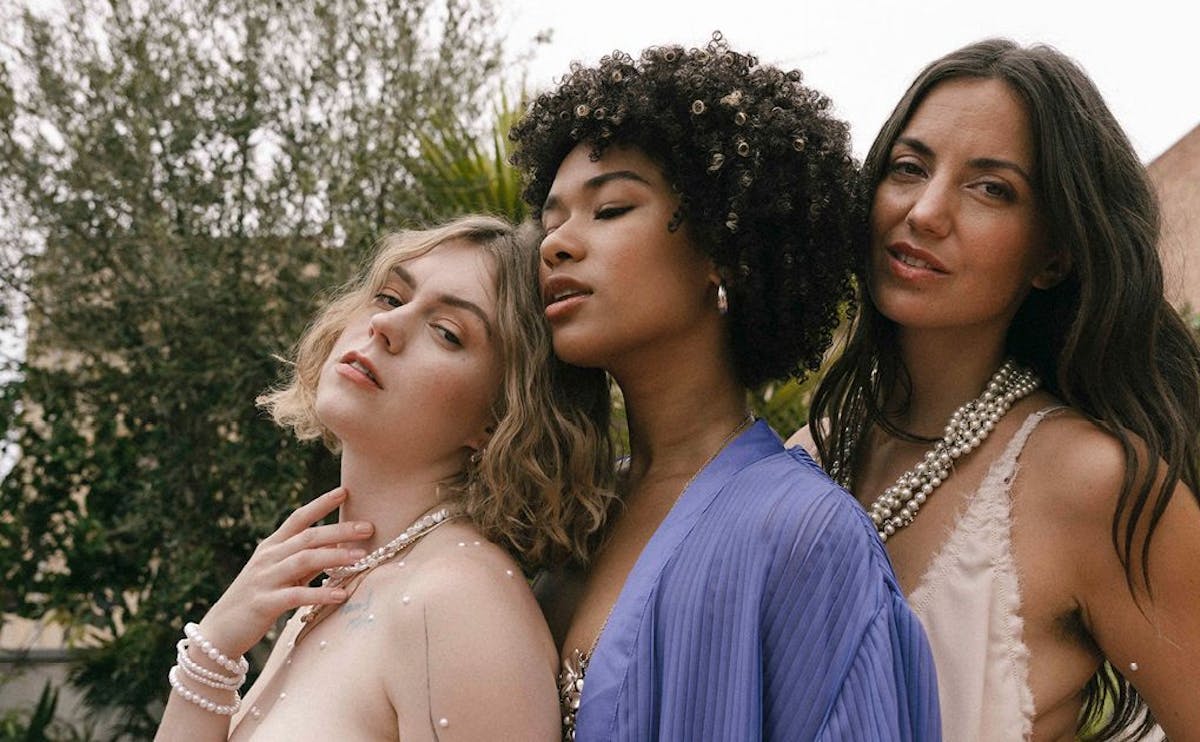
entertainment
Pussy Pearls

entertainment
Going Down
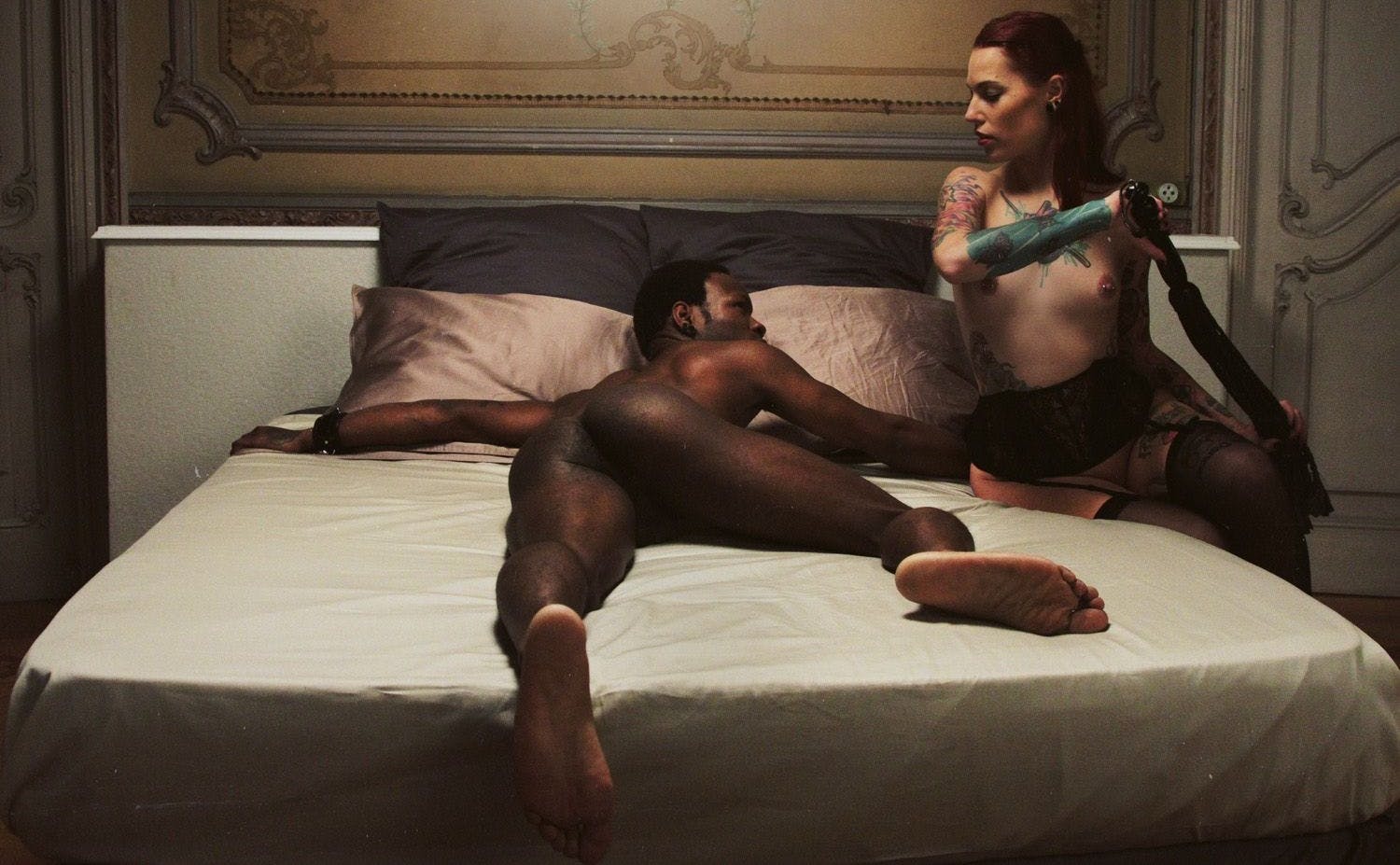
sex
Fetish & Submission from a Black Person’s Perspective
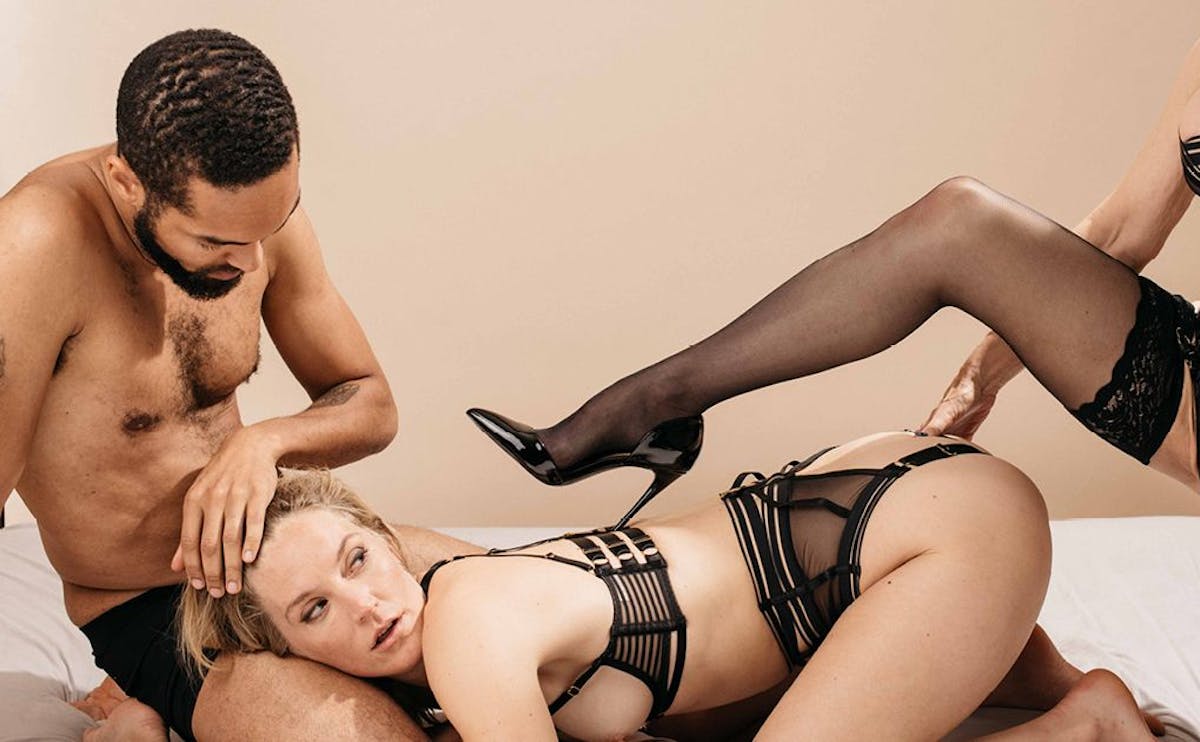
sex
Ready for Dominance and Submission?

voices
Explorando la No Monogamia
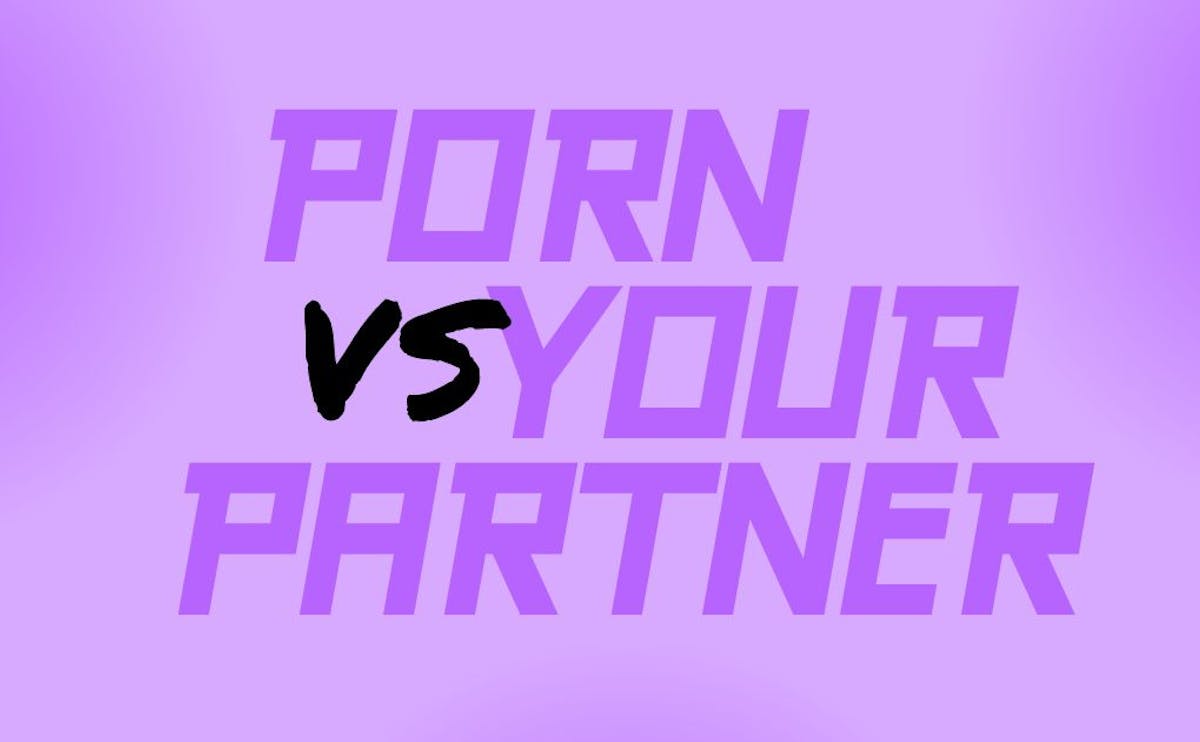
sex
Top 5 moves to not end up K.O.
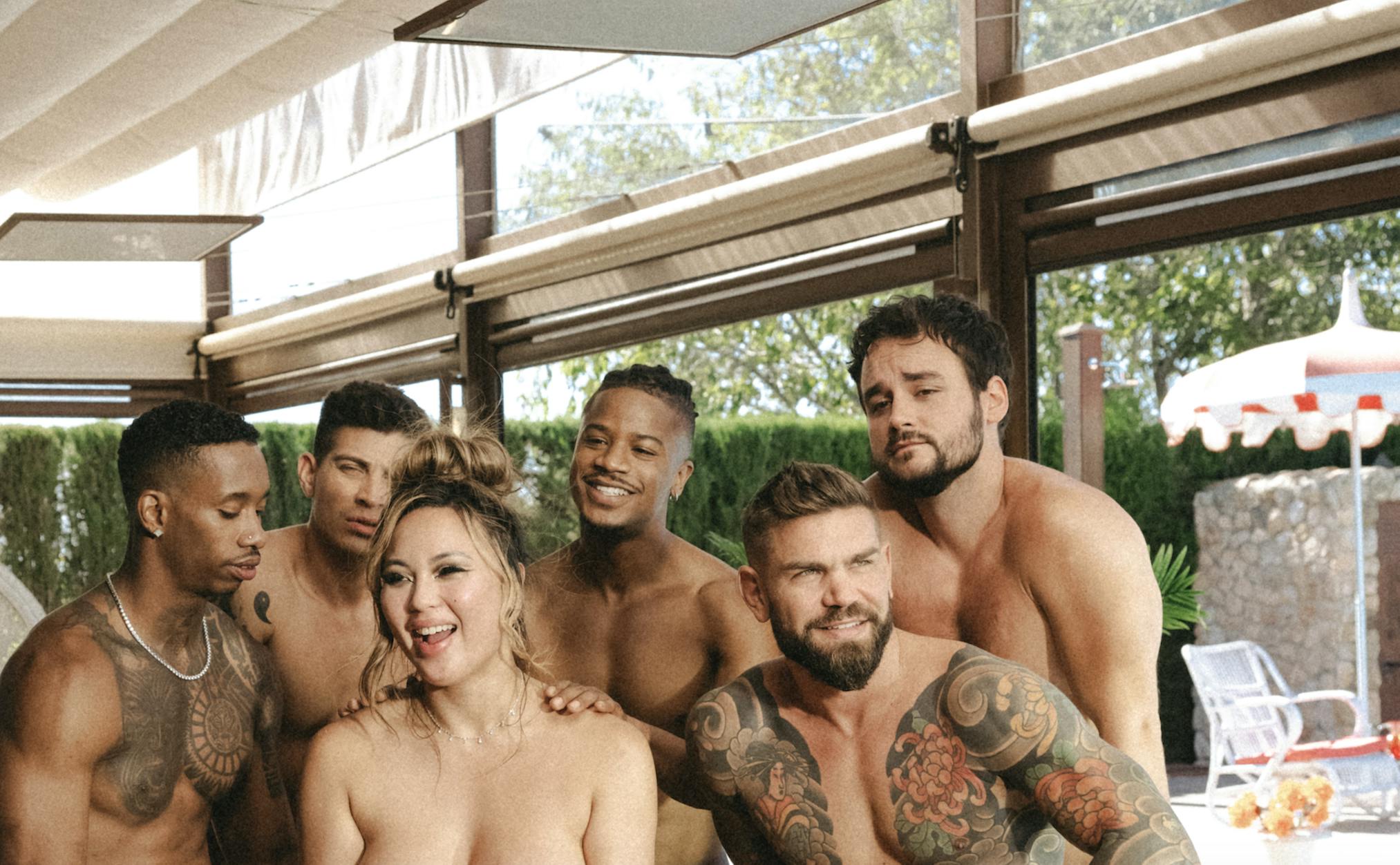
sex
Getting the Most Out of Friends-With-Benefits
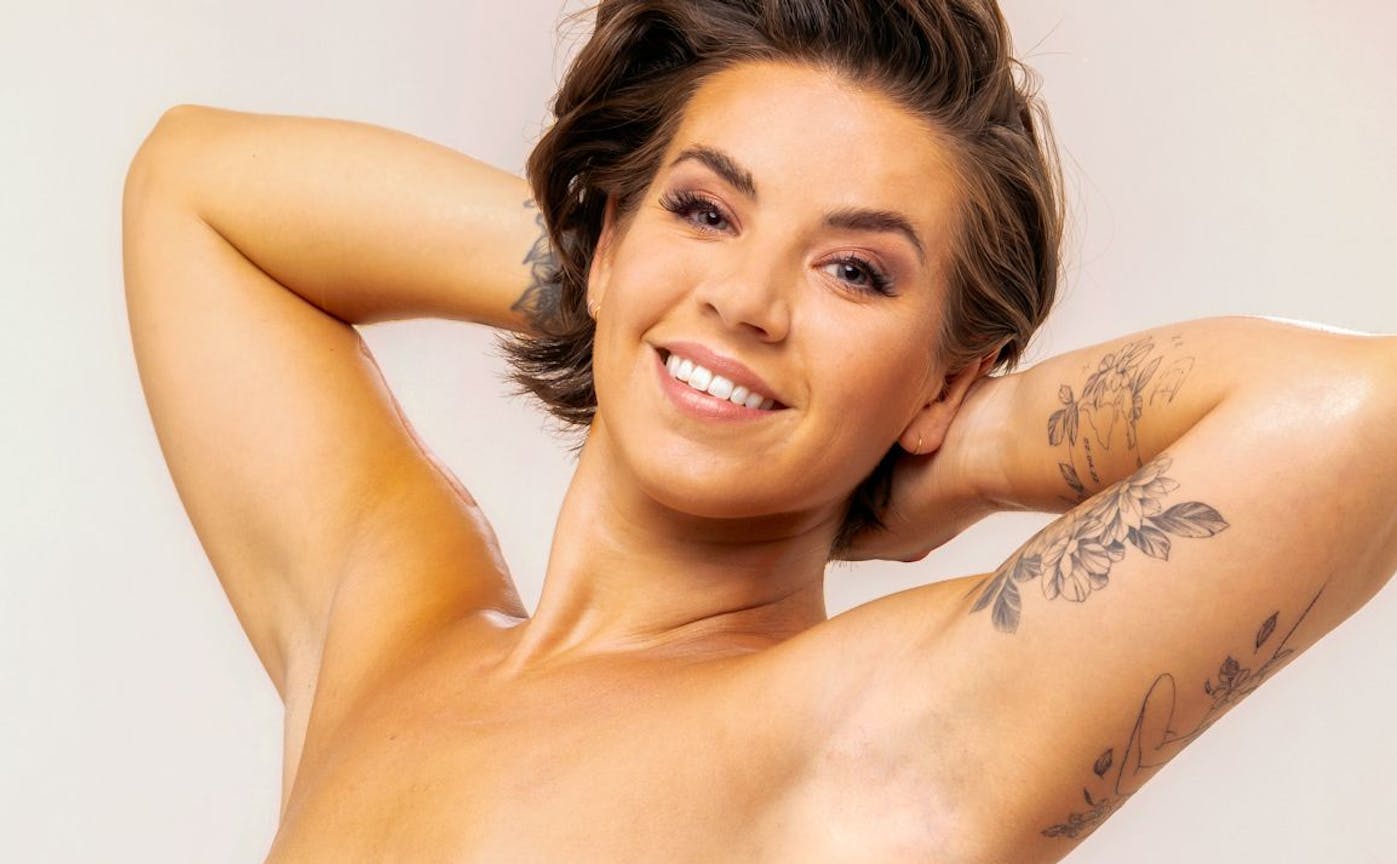
voices
Emerging Stronger
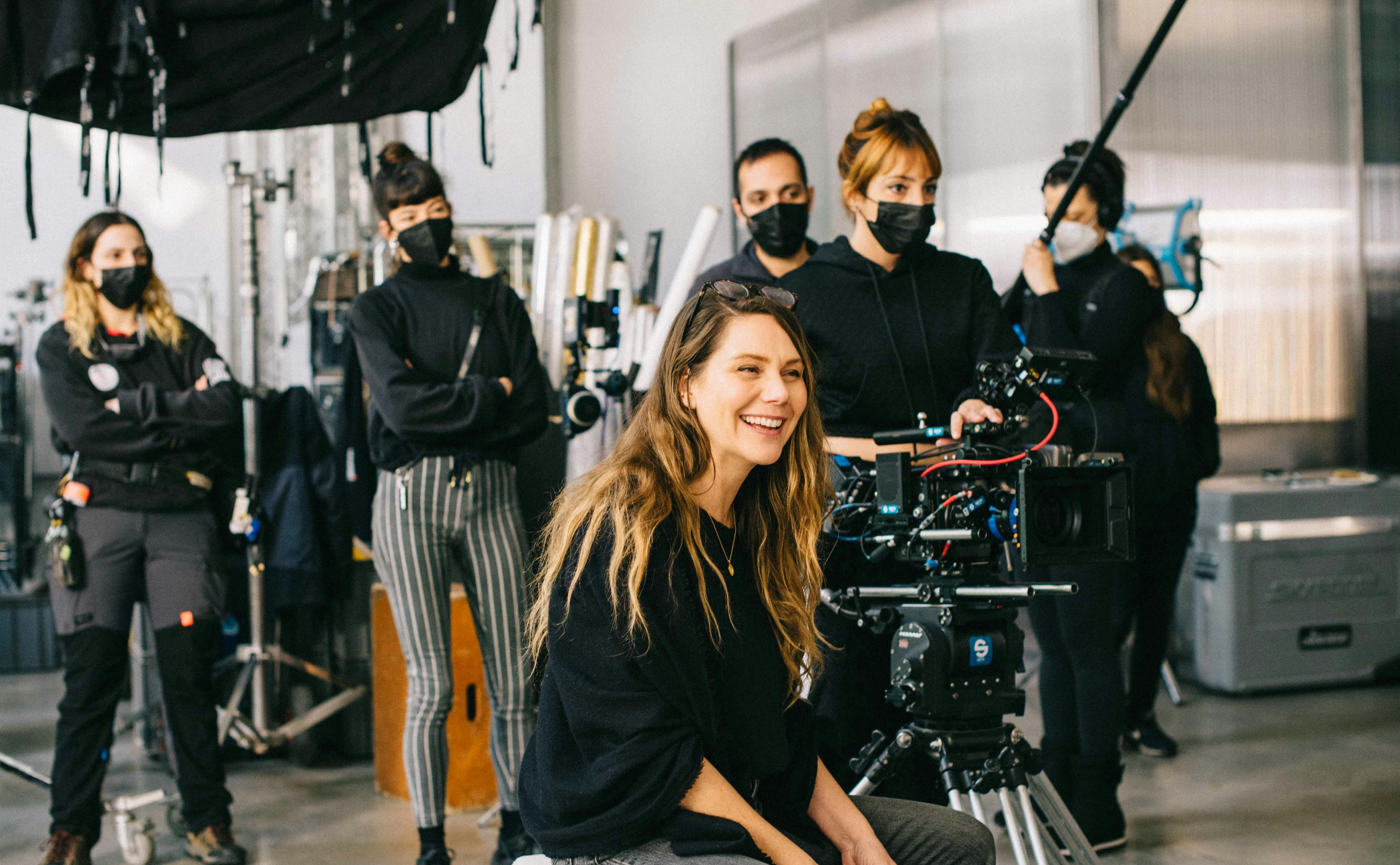
voices
Erika Lust Invites Le Haut Conseil to Ethical Porn Talk

voices
How do you know if the porn you consume is ethical?
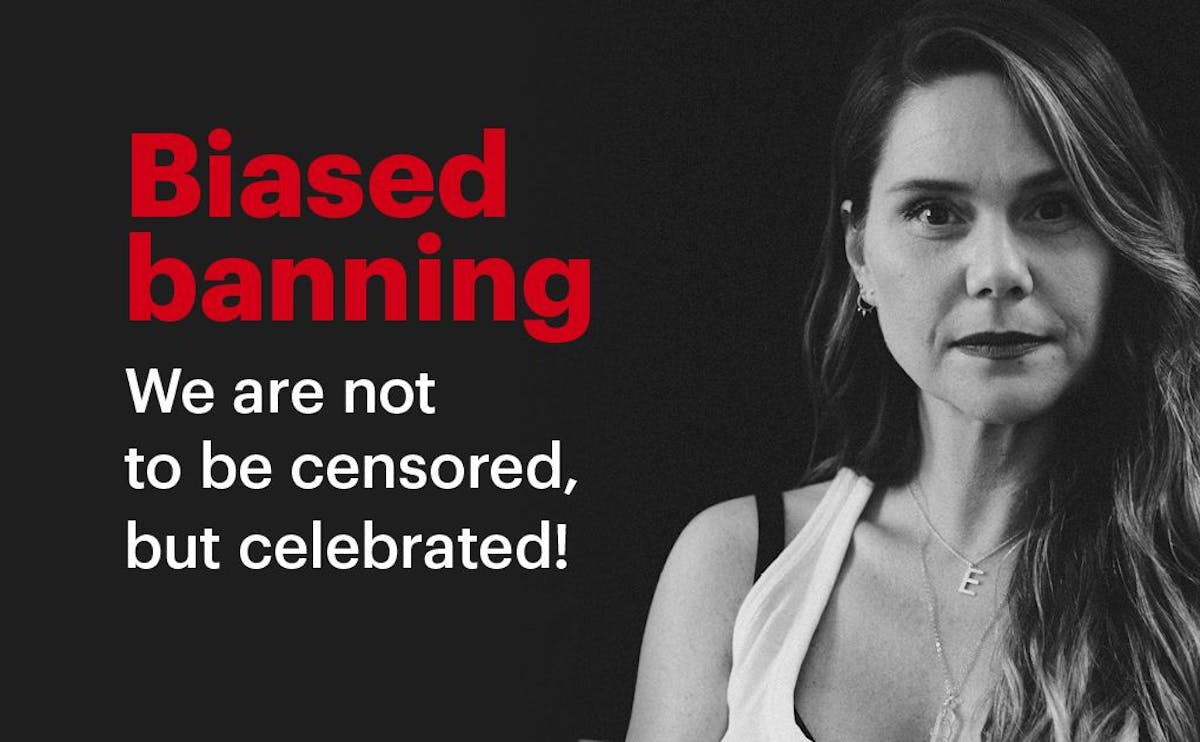
voices
Biased Banning
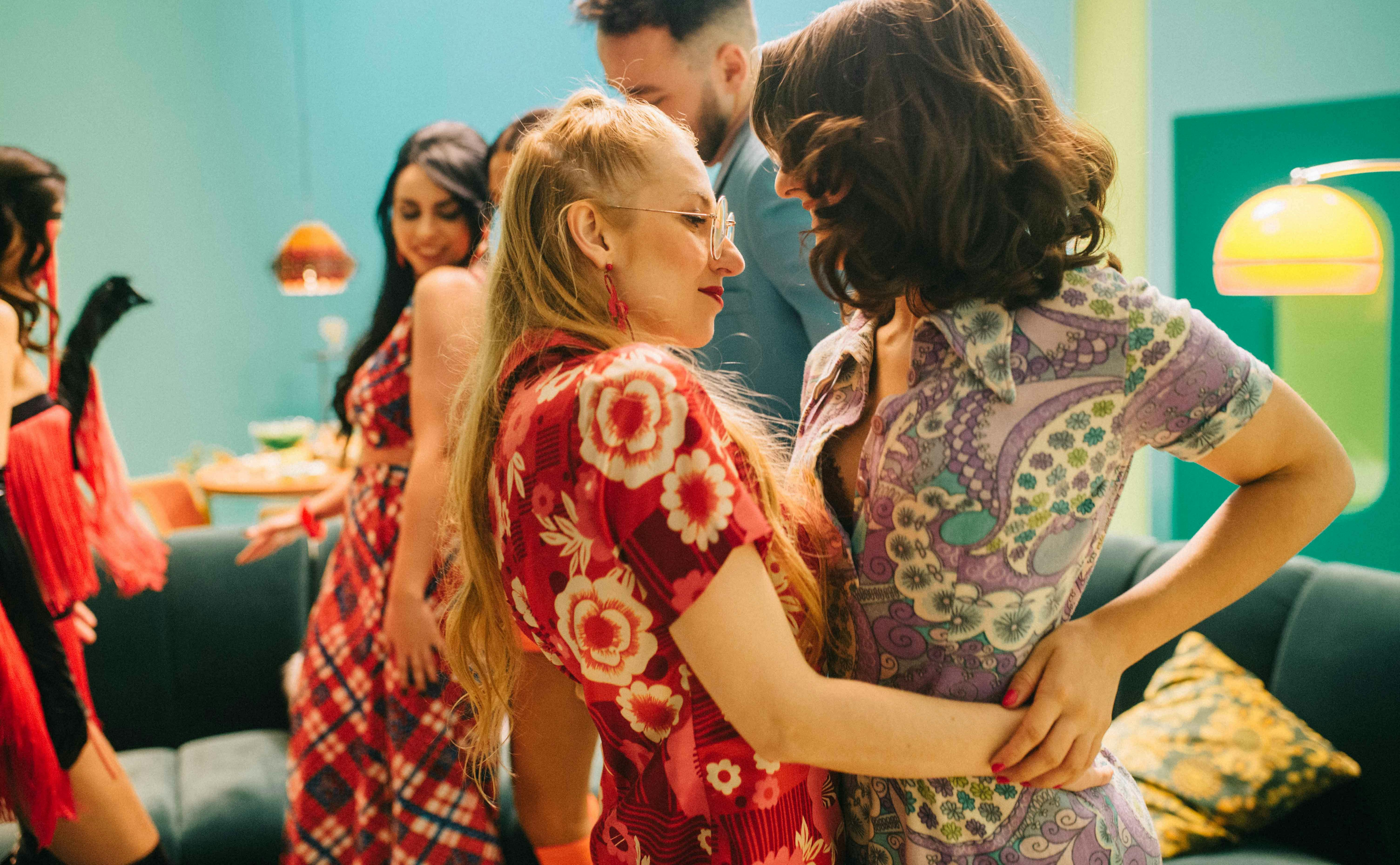
entertainment
A Decade of Erotic Cinema

entertainment
Going Down
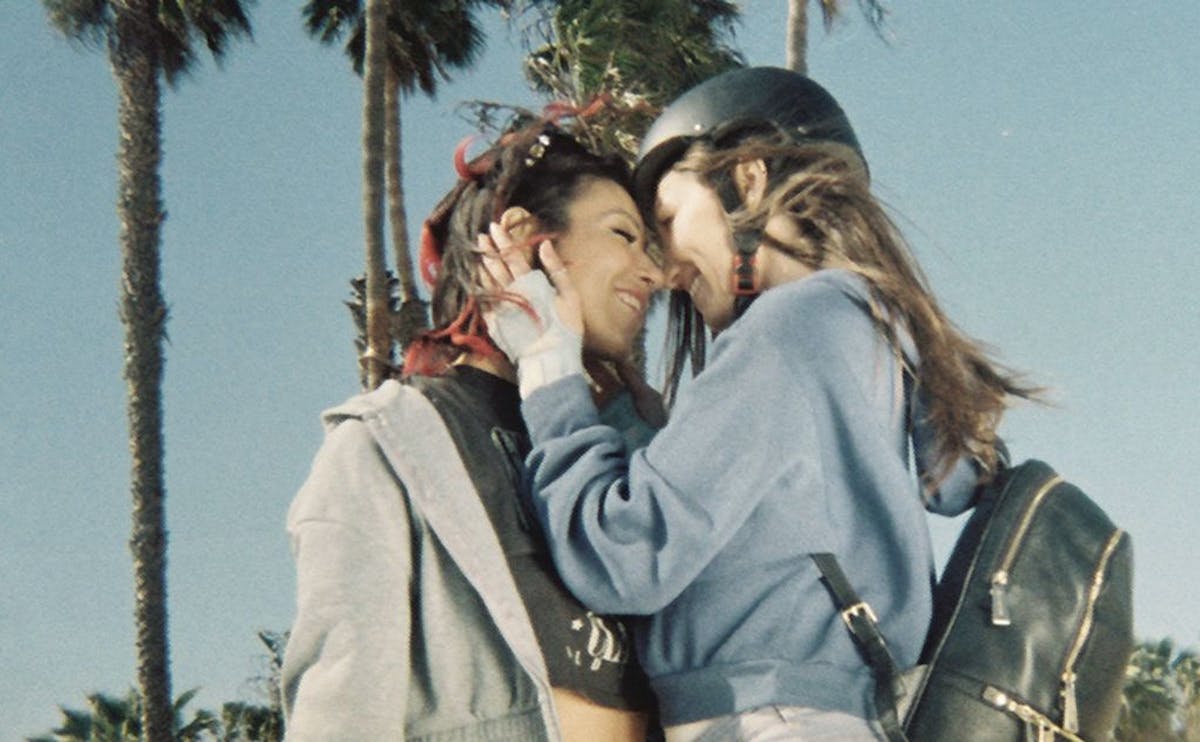
entertainment
Top 10 Lesbian Movies

entertainment
Top Ten Anal Sex Movies
